The Woman Who Changed the World of Science: The Impact of Marie Curie
Marie Curie
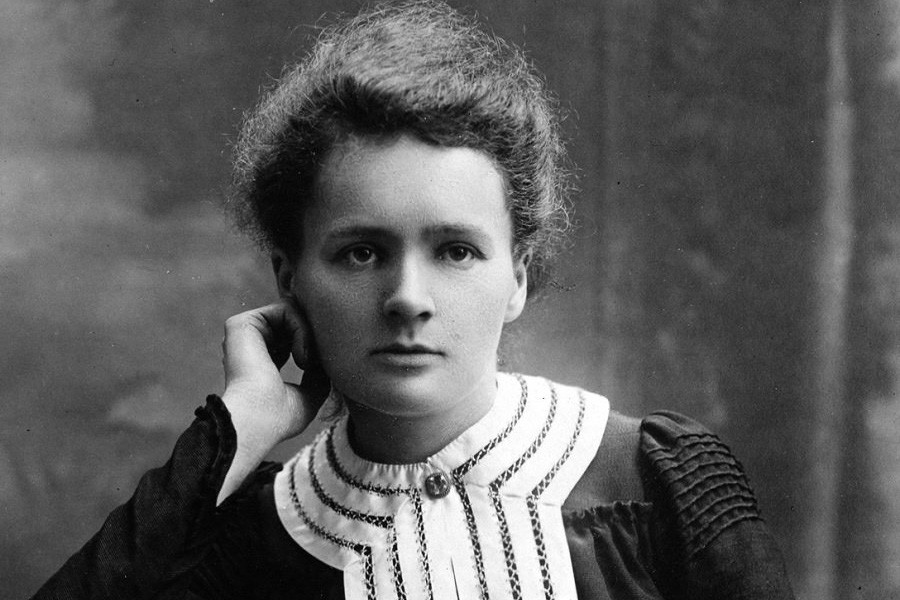
Marie Curie was a physicist and chemist who conducted pioneering research on radioactivity. She was the first woman to win a Nobel Prize, the first person and only woman to win the Nobel Prize twice, and the only person to win the Nobel Prize in two different scientific fields. Her discoveries have had a profound impact on our understanding of the universe and have led to the development of many important medical treatments.
Curie was born in Poland in 1867. She studied physics and chemistry at the Sorbonne University in Paris, where she met her husband, Pierre Curie. The Curies worked together on their research on radioactivity, and in 1903 they were awarded the Nobel Prize in Physics for their discoveries.
In 1911, Curie was awarded the Nobel Prize in Chemistry for her discovery of the elements polonium and radium. Radium has been used to treat cancer and other diseases, and it has also been used in industrial applications.
Curie died in 1934 from aplastic anemia, which is a condition that is caused by exposure to radiation. Her work on radioactivity has had a profound impact on our understanding of the universe and has led to the development of many important medical treatments.
Here are some of Marie Curie's most important achievements:
- Discovered the elements polonium and radium.
- Developed the theory of radioactivity.
- Pioneered the use of radioactivity in medicine.
- Founded the Radium Institute in Paris.
- Was the first woman to win a Nobel Prize.
- Was the first person and only woman to win the Nobel Prize twice.
- Was the only person to win the Nobel Prize in two different scientific fields.
Marie Curie's legacy is one of brilliance, determination, and innovation. She was a groundbreaking scientist who made significant contributions to our understanding of the universe. Her work has had a profound impact on the world, and she continues to be an inspiration to scientists and women everywhere.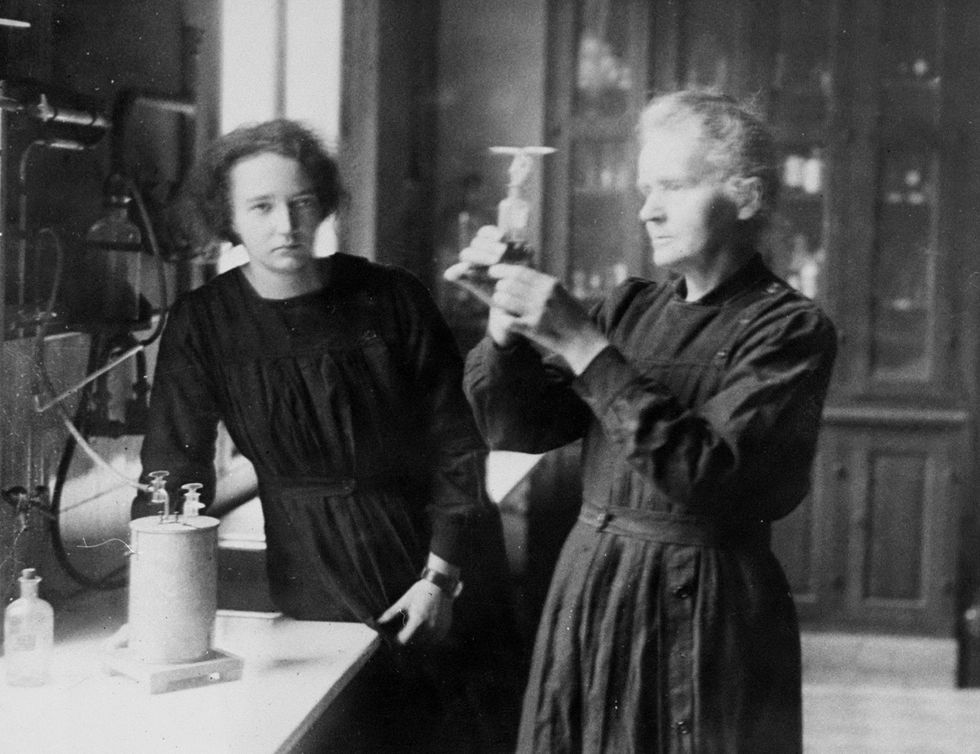
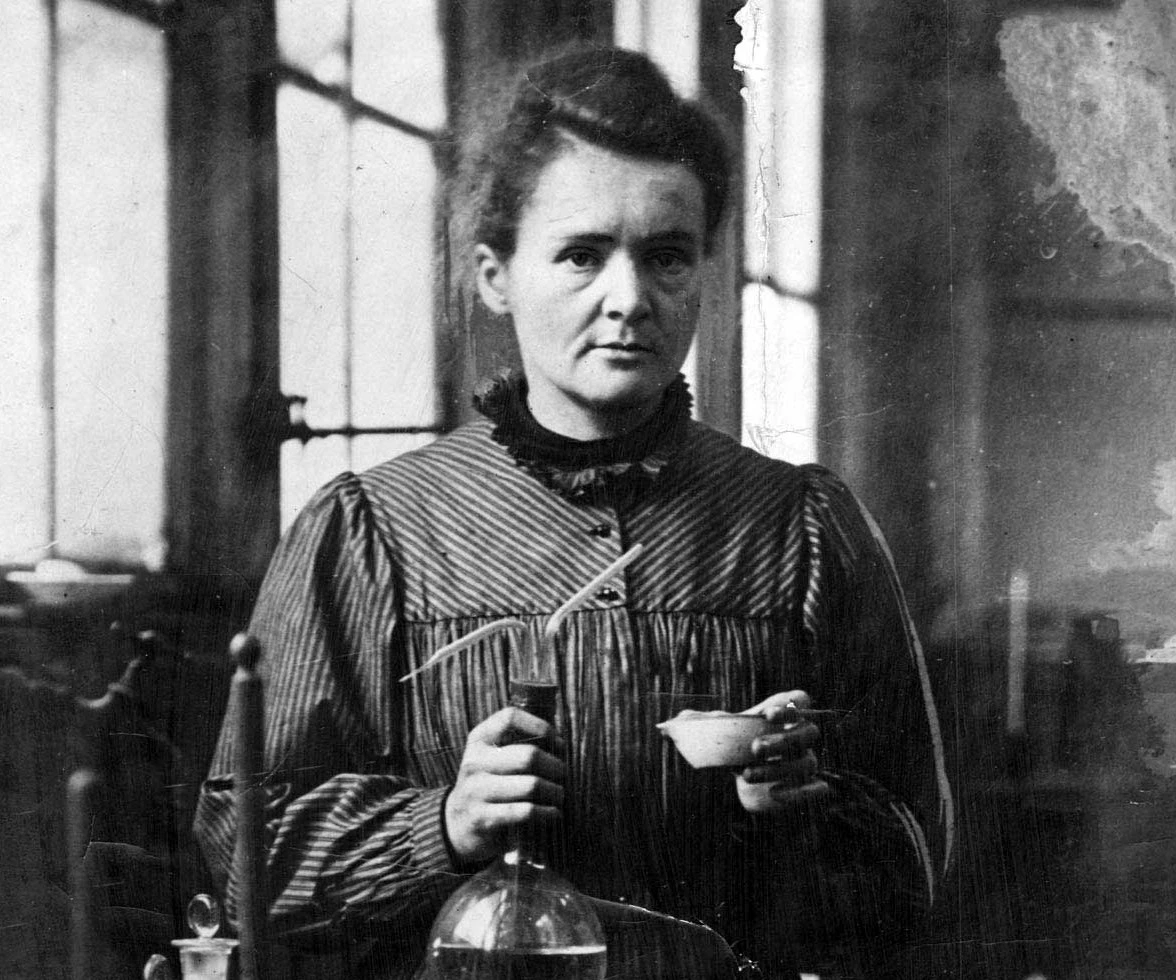
https://en.wikipedia.org/wiki/Marie_Curie
https://www.syfy.com/syfy-wire/radioactive-and-marie-curie-why-are-there-so-few-biopics-of-great-women-in-stem
Marie Curie was a Polish and naturalized-French physicist and chemist who conducted pioneering research on radioactivity. She was the first woman to win a Nobel Prize, the first person and only woman to win the Nobel Prize twice, and the only person to win the Nobel Prize in two different scientific fields. Her discoveries have had a major impact on human history, both in terms of their scientific importance and their practical applications.
Marie Curie's Discoveries
Marie Curie's most famous discovery was radioactivity. She discovered that uranium and thorium, two naturally occurring elements, emit radiation. This radiation can be used to treat cancer, kill bacteria, and generate electricity.
Curie also discovered two new elements, polonium and radium. Polonium was named after her home country of Poland, and radium was named after the Latin word for "ray." Radium is a very powerful radioactive element that can be used to treat cancer, but it is also very dangerous.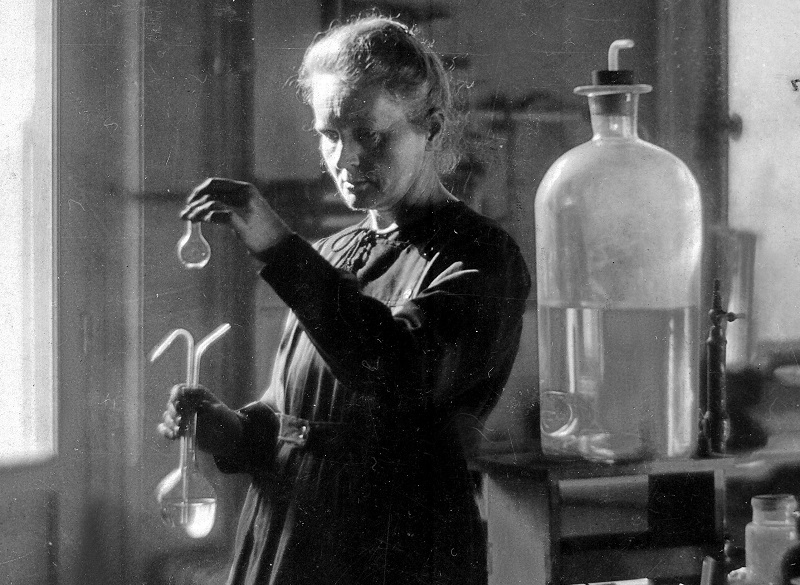
The Impact of Marie Curie's Discoveries
Marie Curie's discoveries have had a major impact on human history. Her work on radioactivity has led to the development of new medical treatments, new sources of energy, and new ways to study the universe.
Medical Applications of Radioactivity
Radioactivity can be used to treat cancer by killing cancer cells. Radiation therapy is a common treatment for cancer, and it is often used in conjunction with surgery and chemotherapy.
Radioactivity can also be used to kill bacteria. This is done by irradiating food, which kills the bacteria that can cause food poisoning. Irradiated food is safe to eat, and it can help to prevent the spread of foodborne illness.
Energy Applications of Radioactivity
Radioactivity can be used to generate electricity. Nuclear power plants use radioactive uranium to generate heat, which is then used to produce steam. The steam drives a turbine, which generates electricity.
Nuclear power is a controversial source of energy, but it is a major source of electricity in many countries. Nuclear power plants do not produce greenhouse gases, which contribute to climate change. However, nuclear power plants produce radioactive waste, which must be disposed of safely.
Scientific Applications of Radioactivity
Radioactivity can be used to study the universe. Radioactive elements are used to date rocks and fossils, and they can also be used to study the structure of atoms.
Radioactivity has also been used to develop new medical imaging techniques. For example, PET scans use radioactive tracers to visualize the inside of the human body.
Marie Curie's Legacy
Marie Curie was a pioneer in the field of radioactivity. Her work has had a major impact on human history, both in terms of its scientific importance and its practical applications. She is a role model for scientists and women everywhere.
In addition to her scientific achievements, Marie Curie was also a social activist. She was a strong advocate for women's rights, and she worked to improve the lives of workers. She was also a pacifist, and she spoke out against the use of nuclear weapons.
Marie Curie is a complex and fascinating figure. She was a brilliant scientist, a social activist, and a role model for women everywhere. Her legacy continues to inspire people around the world.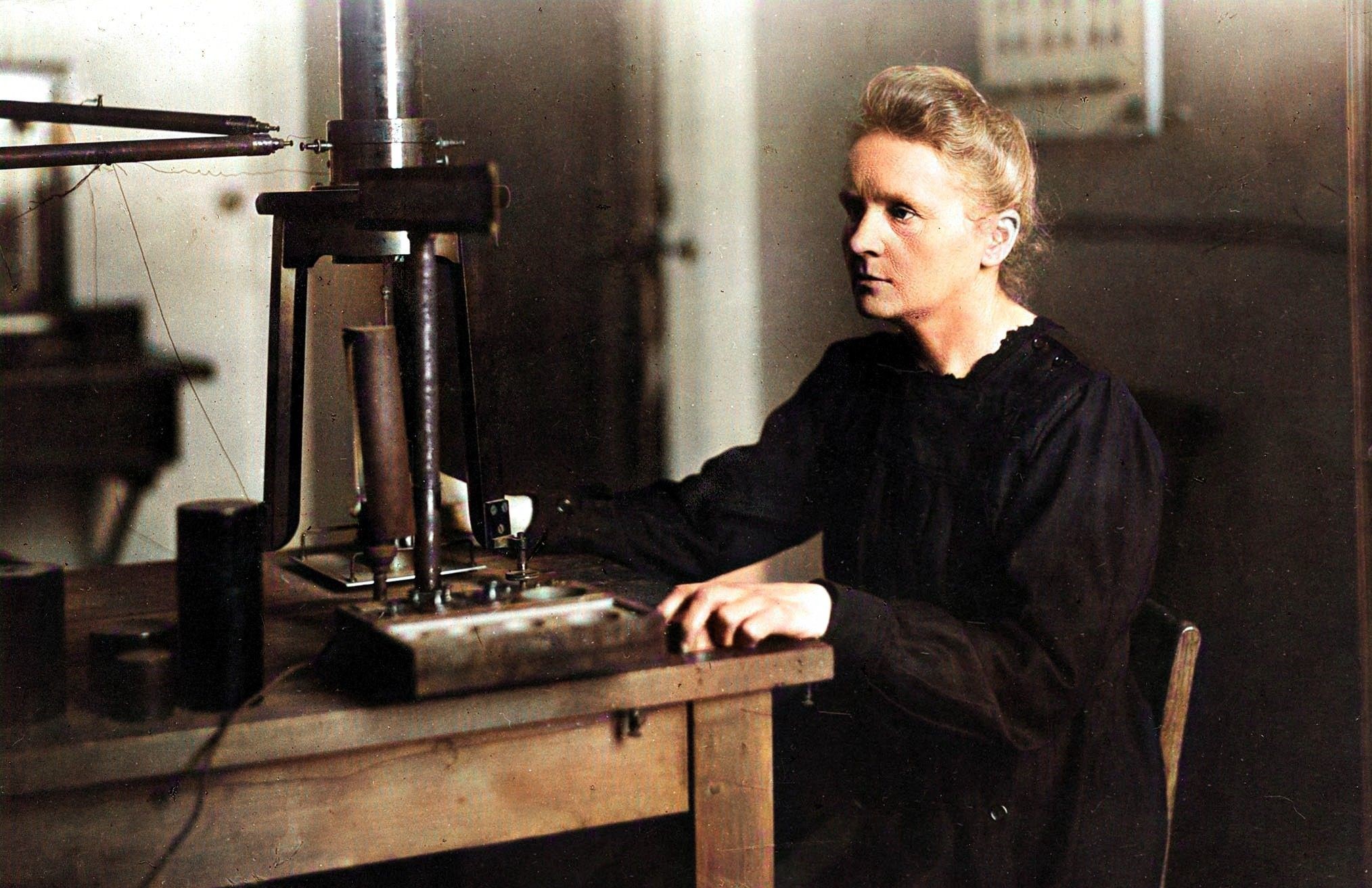
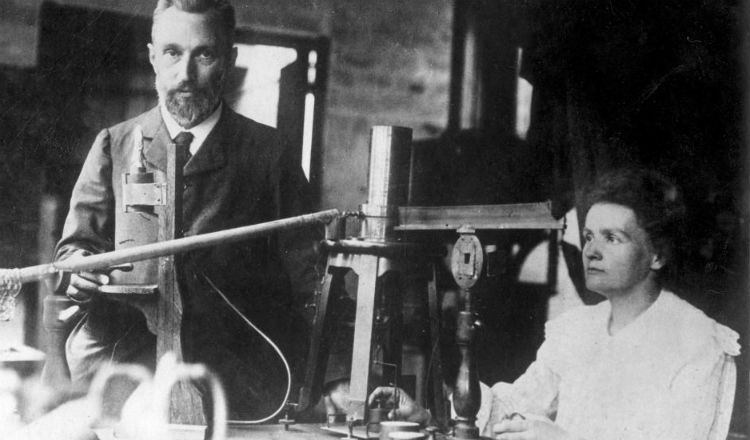
https://www.mariecurie.org.uk/who/our-history/marie-curie-the-scientist#:~:text=Marie%20Curie%20is%20remembered%20for,to%20finding%20treatments%20for%20cancer.
https://www.nobelprize.org/womenwhochangedscience/stories/marie-curie
https://www.bbvaopenmind.com/en/science/leading-figures/the-great-invention-of-marie-curie/













![[ℕ𝕖𝕧𝕖𝕣] 𝕊𝕖𝕝𝕝 𝕐𝕠𝕦𝕣 𝔹𝕚𝕥𝕔𝕠𝕚𝕟 - I Think I Have Crypto PTSD](https://cdn.bulbapp.io/frontend/images/819e7cdb-b6d8-4508-8a8d-7f1106719ecd/1)


















































